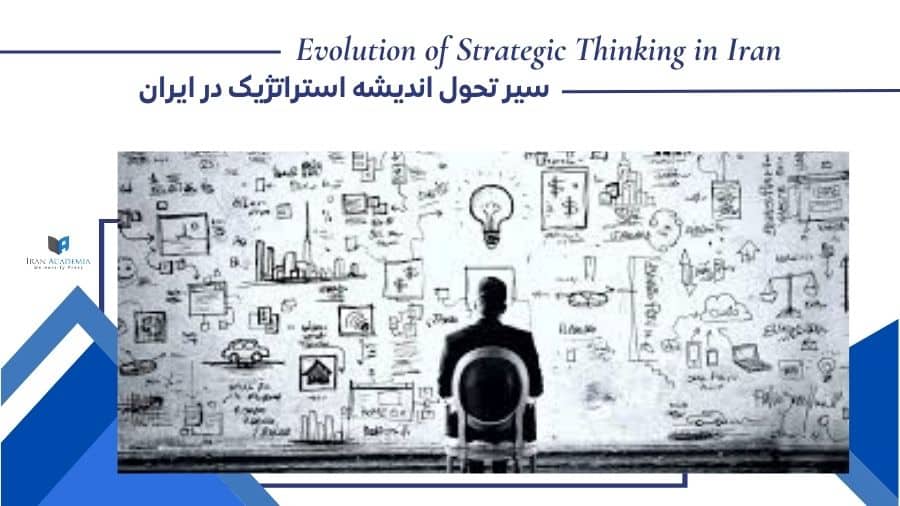Abstract:
The impact of strategy on culture is a historical category and its roots should be found in the works of Thucydides and Clausewitz. In the Second World War, especially the war with the Japanese, the importance of the national identity of countries in choosing their military combat method became more obvious. More recent research has shown that the distinctive “national identity” of countries, which is “rooted in language, religion, customs and the interpretation of common memories”, is very important for understanding the behavior of governments. More recent research has shown that the distinctive “national identity” of countries, which is “rooted in language, religion, customs, and the interpretation of shared memories,” is of great importance for understanding the behavior of governments.
The wider range of factors affecting political culture are values such as democratic principles and institutions, moral thoughts, the use of force, the rights of individuals or communities, and the tendency to play a role on a global level. Using the theoretical foundations of strategic culture, this article analyzes the stages of decision-making and related influencing factors. These principles reveal circumstances under which a nation may resort to war or avoid it. This study, with content and case analysis, focuses on the decisions of the Islamic Republic of Iran in the field of the path to and future of nuclear development or so-called nuclearization


